Gangster sagas have always found favour within South Korean cinema, with the industry giving us several classics in the sub-genre over the years. Almost every major male superstar from the country, and even some females ones, have played gangsters in celluloid, often to resounding box-office and critical success. In the case of Song Kang-ho, one of the most well-known faces from the country, he has played mobster three times so far. Though 1997's “No. 3”, where he played an oddball hitman, was the feature that he earned a name for himself with and 2011's “Hindsight” was a lukewarm production which saw his mob boss within a female assassin's crosshairs and heart, it was Han Jae-rim's second feature, “The Show Must Go On”, which saw most success, earning itself the Best Film award and Song a Best Actor award at the Blue Dragon Film Awards.
Buy This Title
The story follows In-goo, a gangster who is very good at his work and is well within his boss Chairman Noh's favour. It is a different matter at home though, where his wife keeps nagging him to leave his line of work and find a reputable job, and his daughter pretty much shuns him. In-goo dreams of moving his family to a bigger, better house and believes that the new construction deal that he has managed to practically snatch for his gang The Dogs will help facilitate that move. However, Chairman Noh's younger brother, jealous of the favour In-goo receives from his brother, plots to have In-goo removed from the project while In-goo's best friend Hyun-soo, who is the member of rival gang The Jaguars, insists that he join his gang.
Han Jae-rim's script is laden with a number of genre cliches which threaten to derail it, and in that sense, it doesn't have a very fresh story to tell, but it is his storytelling prowess that is on full display here and where the feature excels. He treats this vastly as a tragicomedy, with enough well-balanced elements of drama, humour and action to help drive the story forward. The drama, which in many features of the genre comes from a love angle, this time focuses on In-goo's dynamic with his family, or indeed the lack thereof. Particularly, the dearth of a connection between him and his daughter is well-explored. His loyalty to Chairman Noh (and vice versa) as well as to his childhood friend Hyun-soo also forms an important part of the drama.
Humour is also widely used throughout but it is the black humour or the little details, like a box of choco-pie put alongside the police's lineup of weapons on tv or the construction workers bringing an excavator machine to a gang fight, that garner the most laughs. The action choreography too is pleasing to the eye, with one central set-piece where a stabbing attempt spills onto the traffic-heavy Seoul roads that stands out as distinctly thrilling. In spite of this all, it is the poignancy that Han manages to bring to the final act, including a masterful last scene, that manages to remain the most potent and ultimately memorable well after the rolling of the end credits.
Despite the director's best efforts, “The Show Must Go On” would easily have languished into mediocrity if it weren't for the casting of Song Kang-ho as In-goo. Already a megastar by that point thanks to his collaborations with the likes of Park Chan-wook, Bong Joon-ho and Kim Jee-woon, Song has made a career out of bumbling characters with a heart of gold and he brings that unique charm to In-goo as well, which makes for an interesting mix with the hardman elements of the character and helps keep the In-goo at work and the In-goo at home, two distinctly different yet oddly similar people. The acting in the aforementioned final scene is easily among the best he has committed to screen.
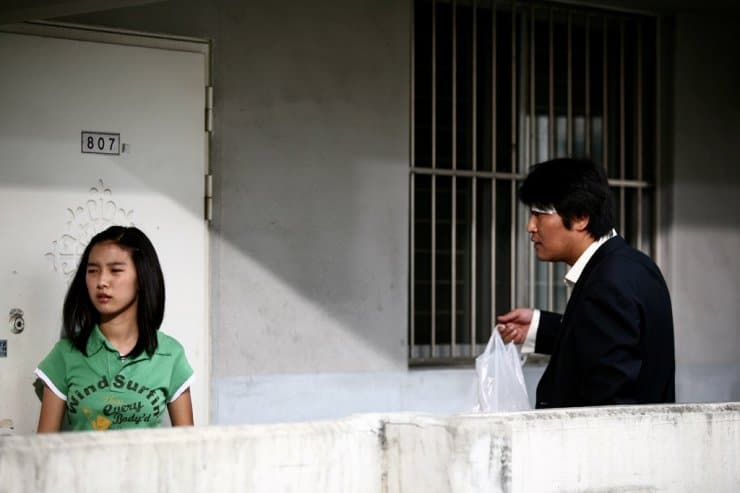
The rest of the cast is equally good, with his chemistry with Oh Dal-su, who plays best friend Hyun-soo, being palpably good. Yoon Je-moon brings a convincing repugnance to Director Noh, the Chairman's younger brother, and proves a worthy adversary to Song's In-goo. Elsewhere, Park Ji-young is adequate as In-goo's wife, while young Kim So-eun is admirable as his daughter Hee-soo, standing alongside the titan of acting that is Song Kang-ho and coming out unscathed.
Park Yong-soo's cinematography follows a realistic approach, yet manages to include some stylistic flourishes that make South Korean cinema of the period and genre stand out. The action sequence are specifically well-shot and executed, if not elaborate.Yoko Kanno's music is an interesting addition to the production. Where most productions in the genre follow an unwritten rule when it comes to music, choosing to keep it classical, melancholic and/or operatic, Yoko makes some inspired choices which seem to stand at loggerheads with the picture to begin with, but soon warms itself to the audience.
Han Jae-rim's sophomore effort “The Show Must Go On” ultimately manages to be a mostly serviceable film that benefits from Song's excellent performance and superior production values, both of which manage to save it from being another by-the-numbers gangster feature, even if they cannot elevate it into the higher echelon with the truly greats.


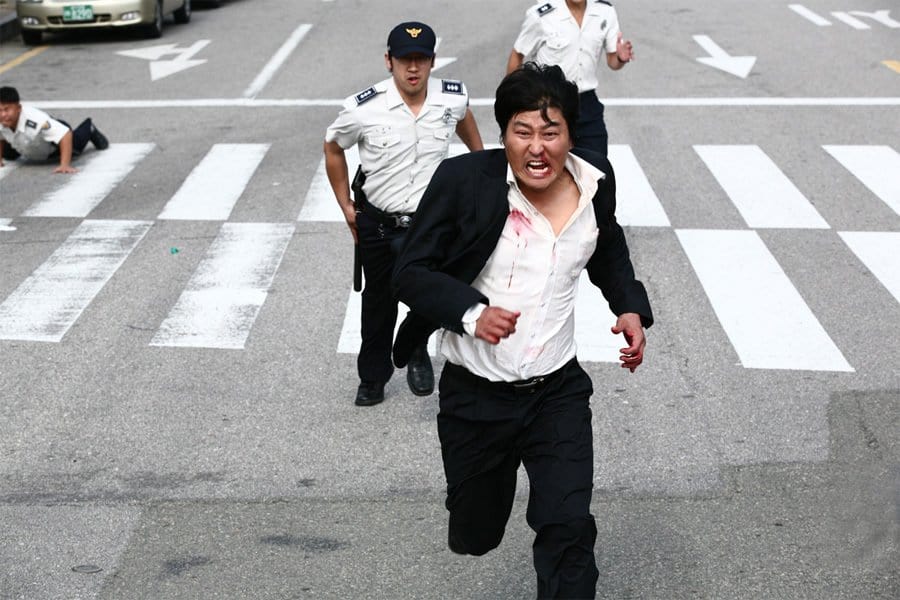
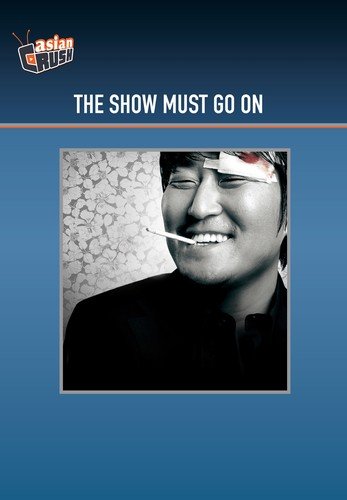
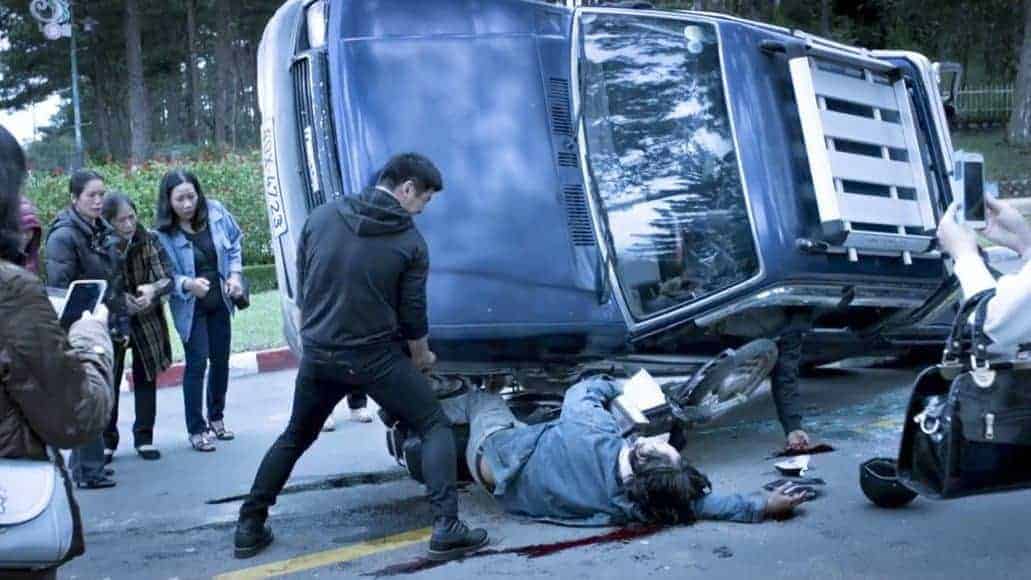
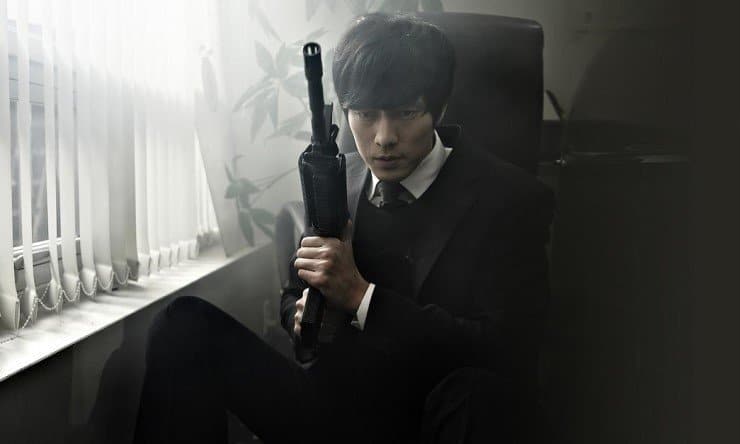
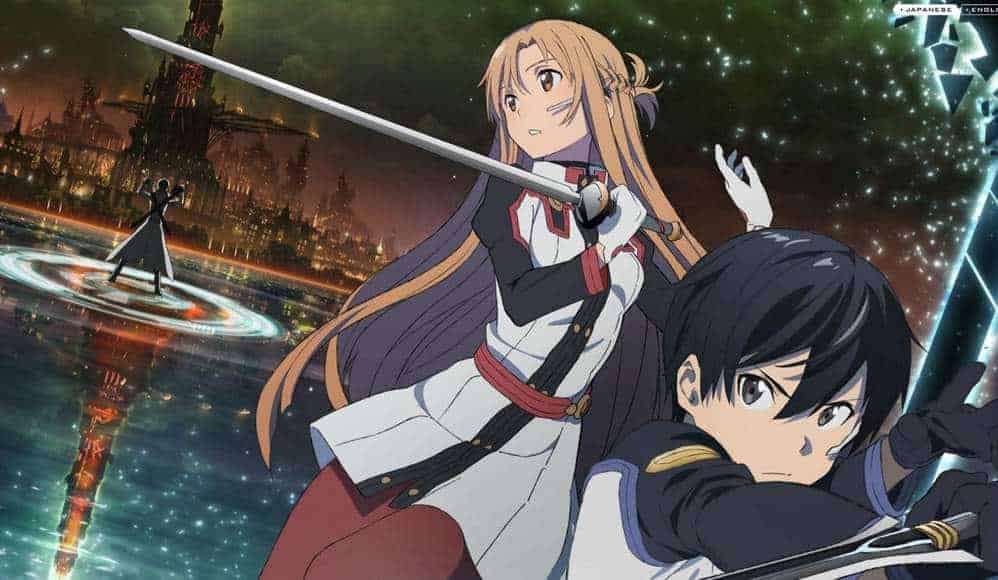
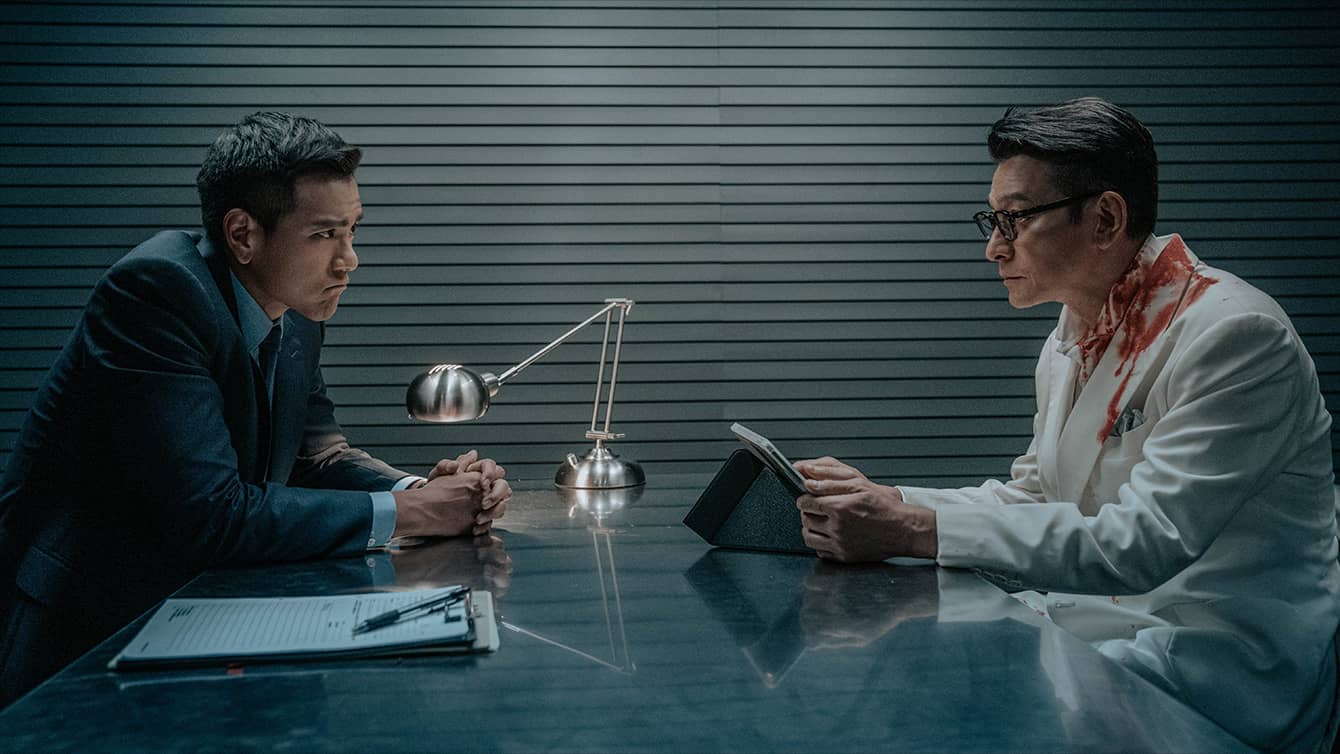
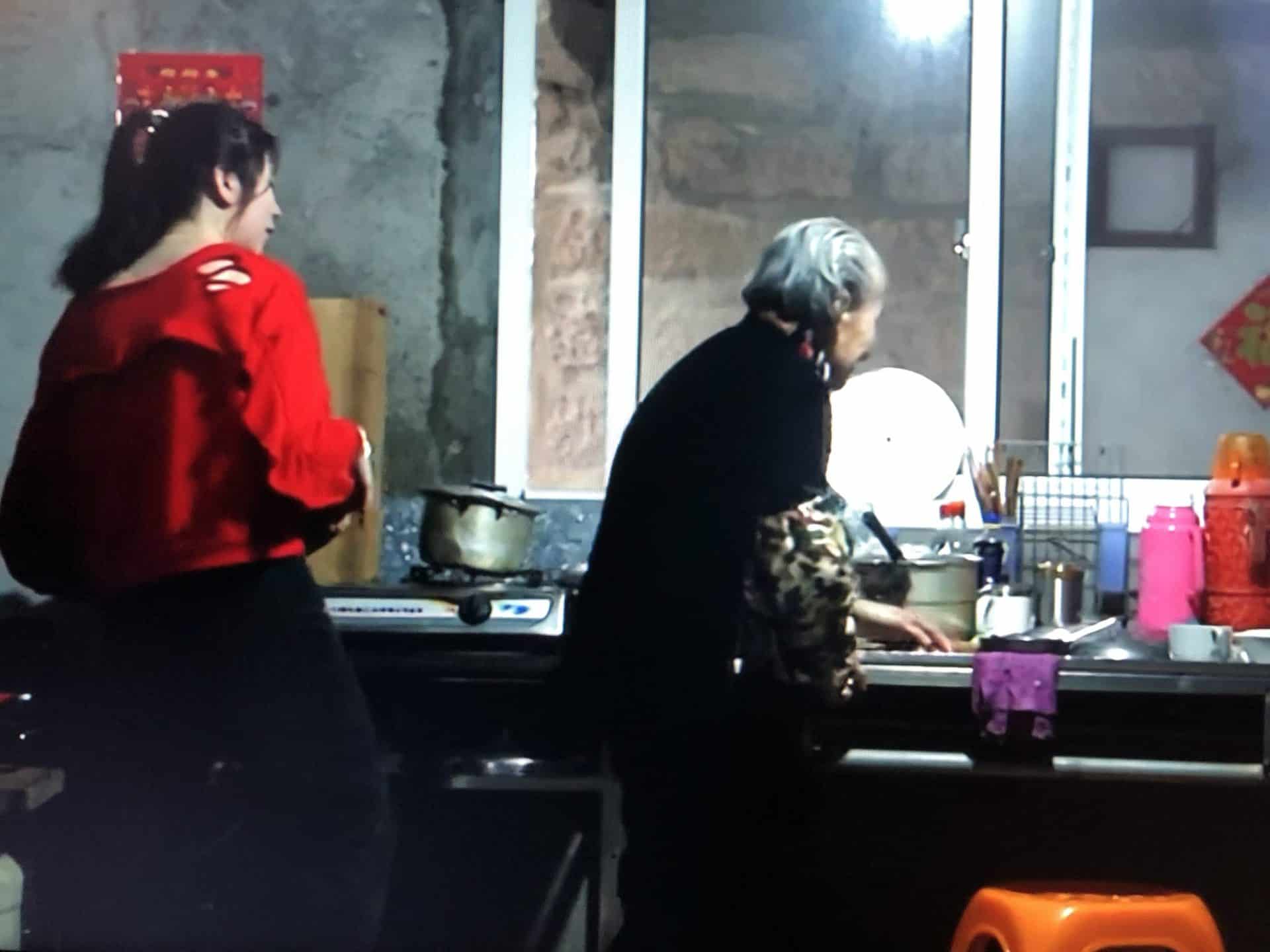
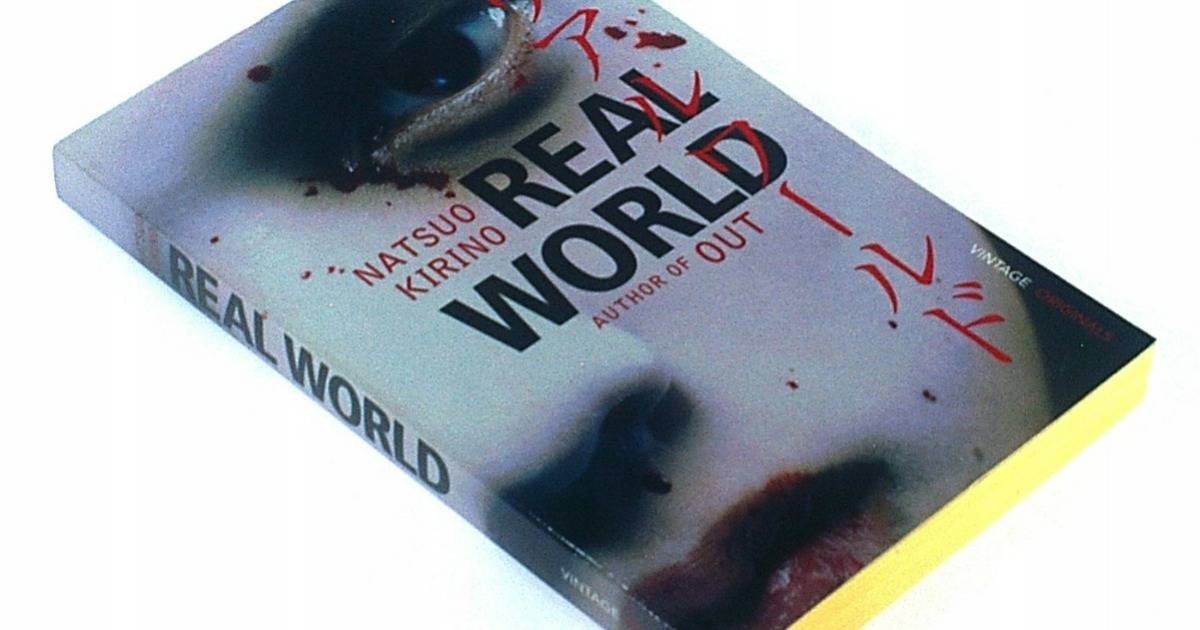







Professional Logo Design NYC Describes that despite the overall cute appearance of this show, don’t let it deceive you, it’s out to rip your heart straight out of your chest.